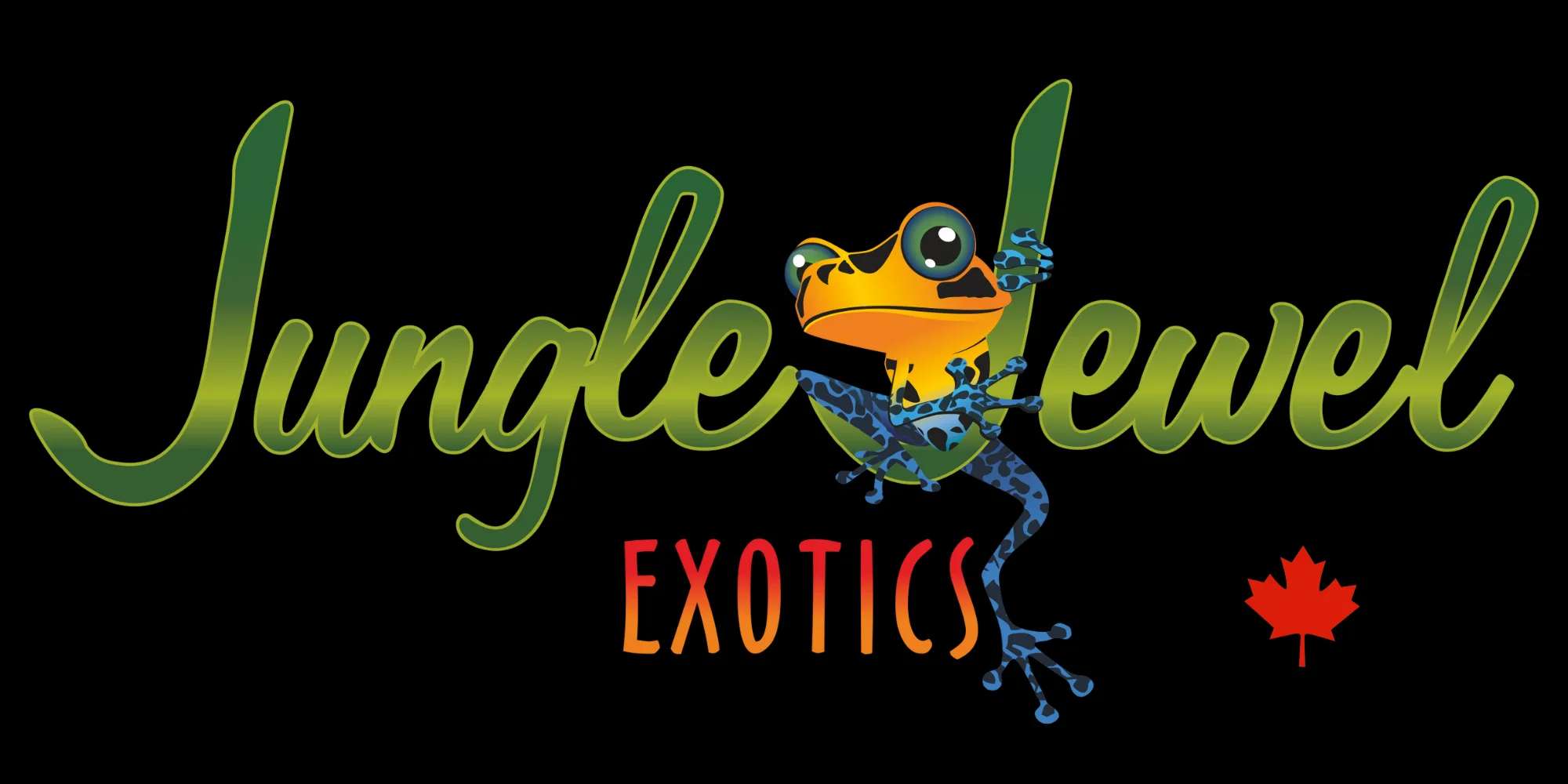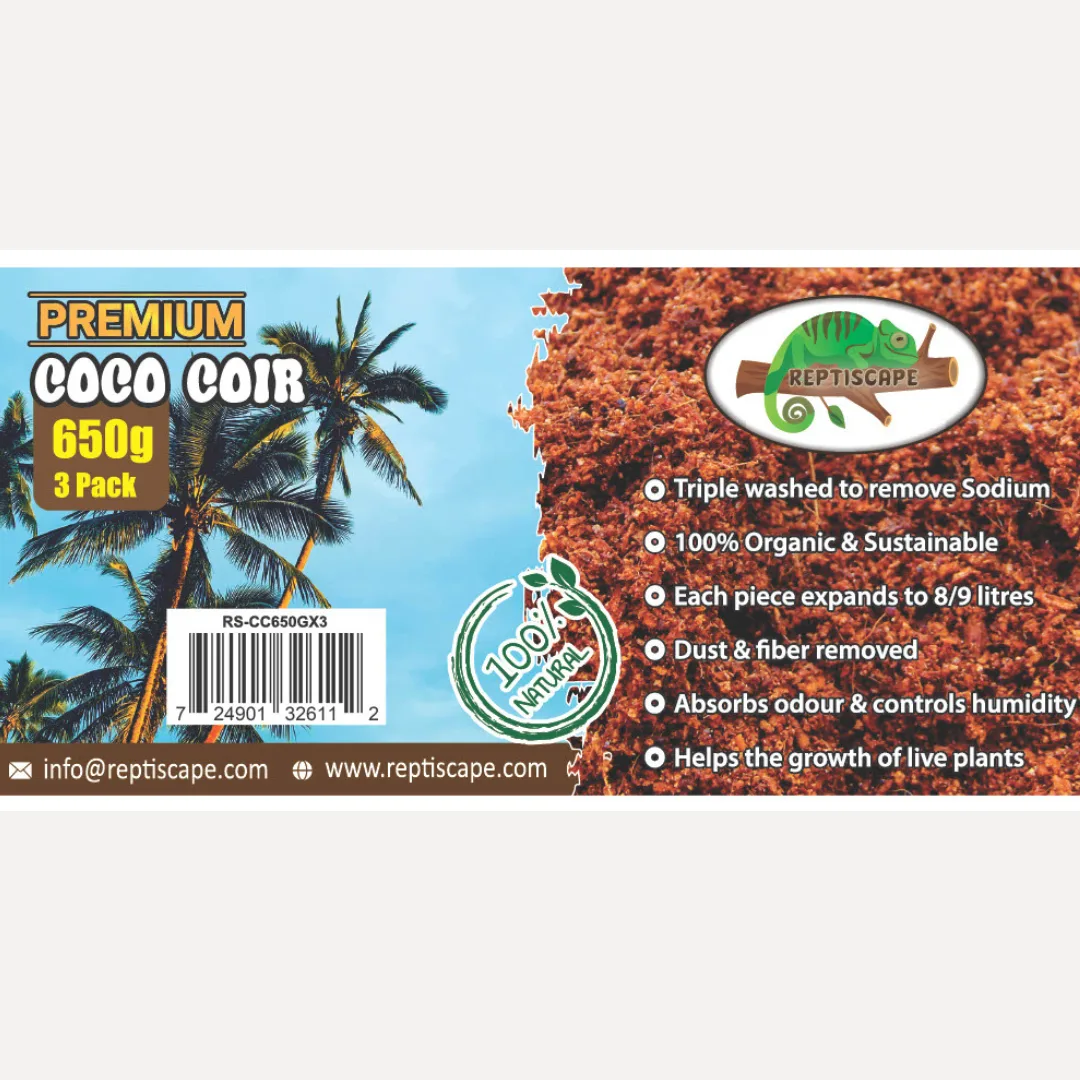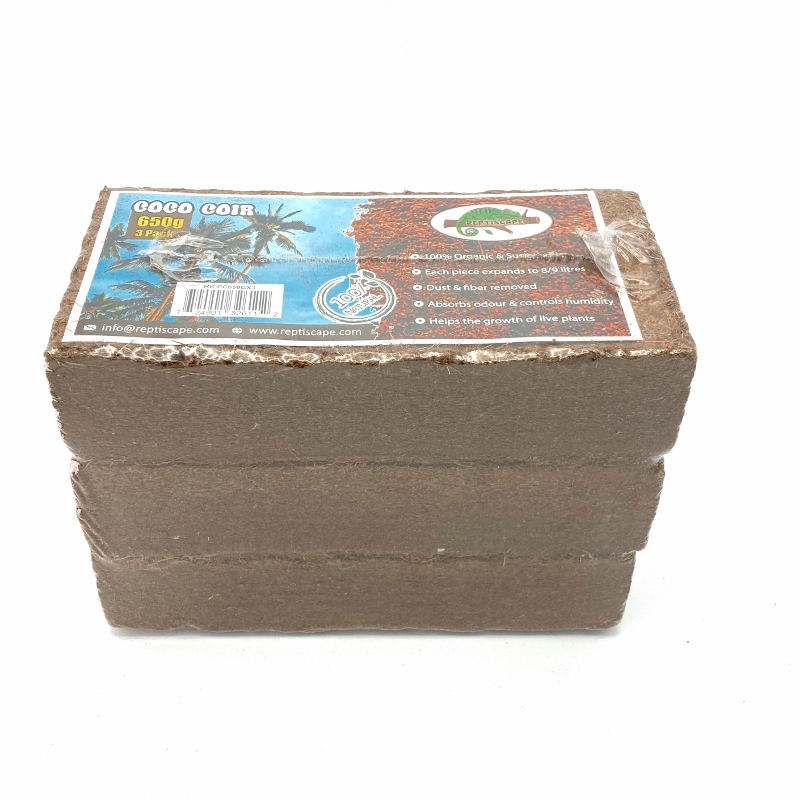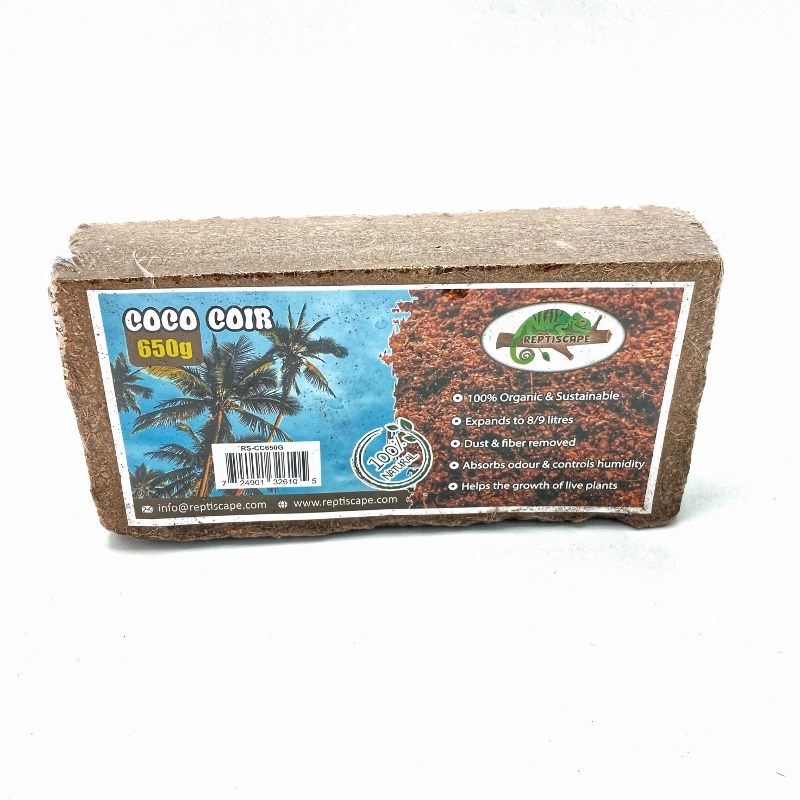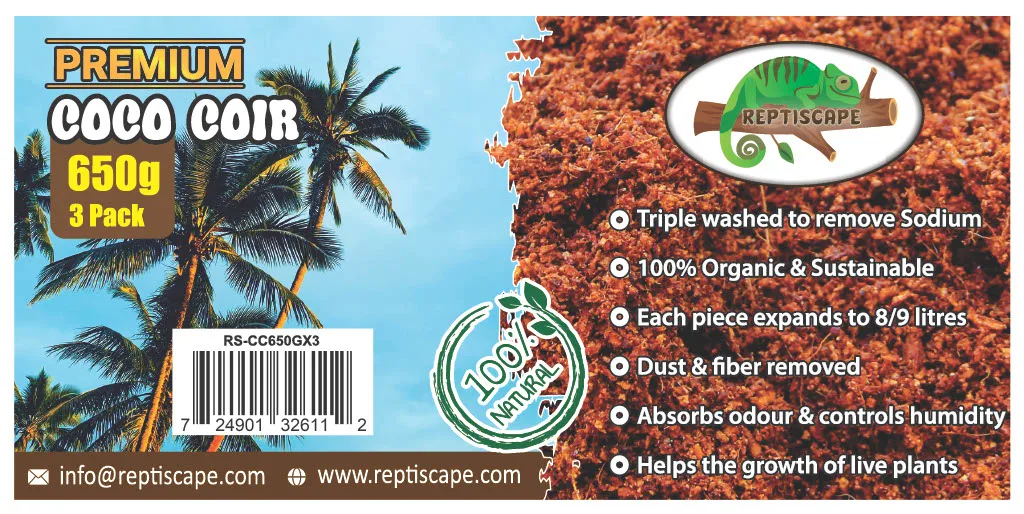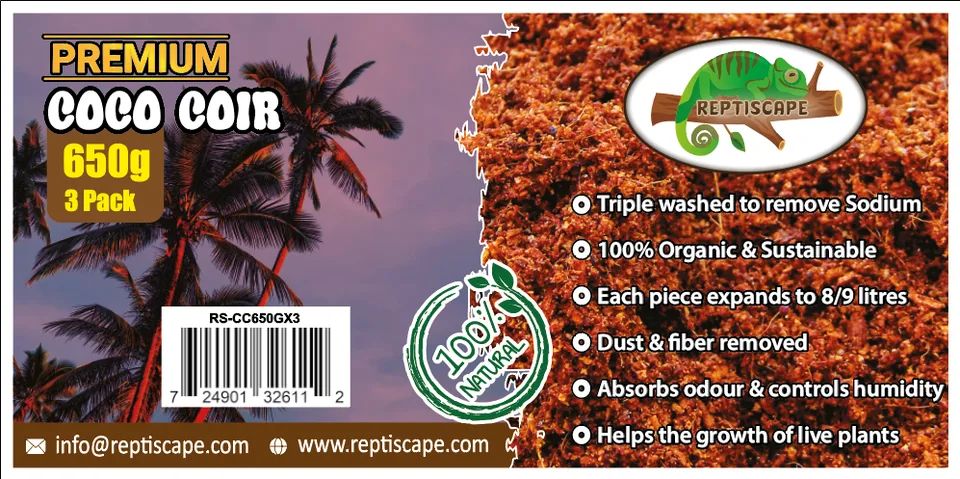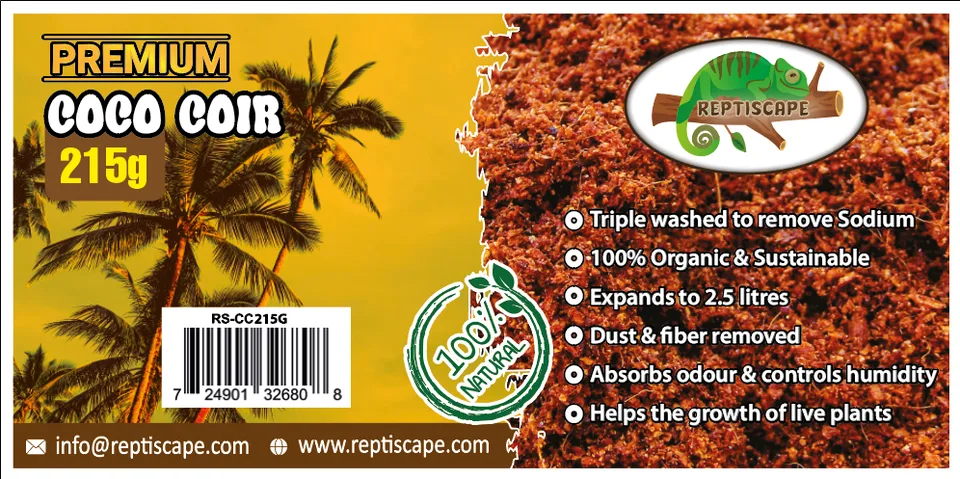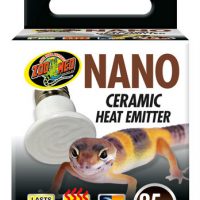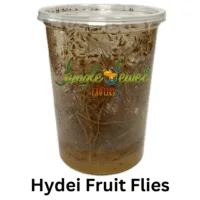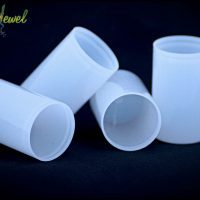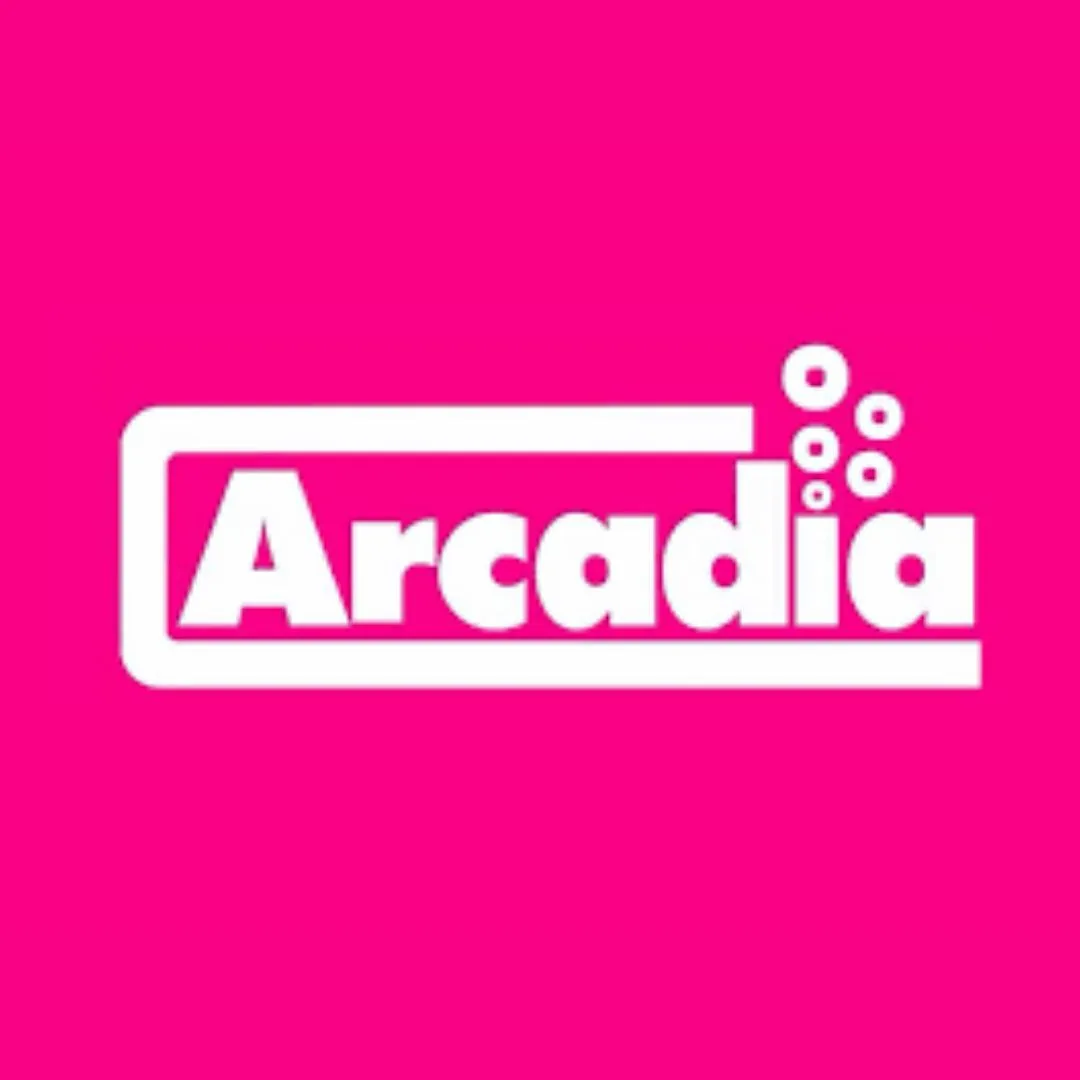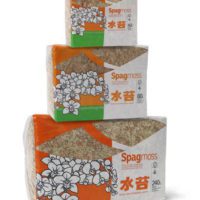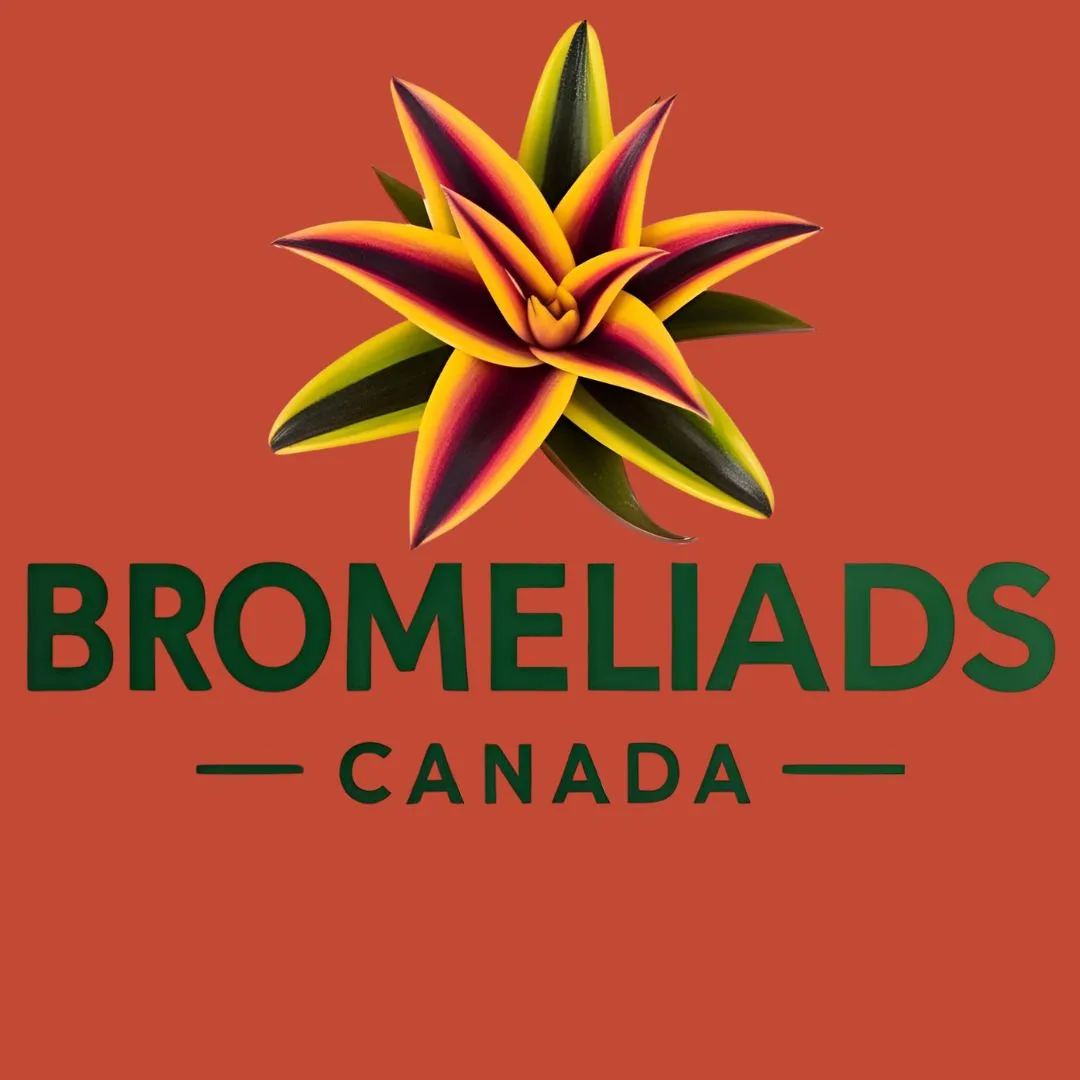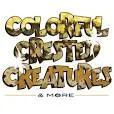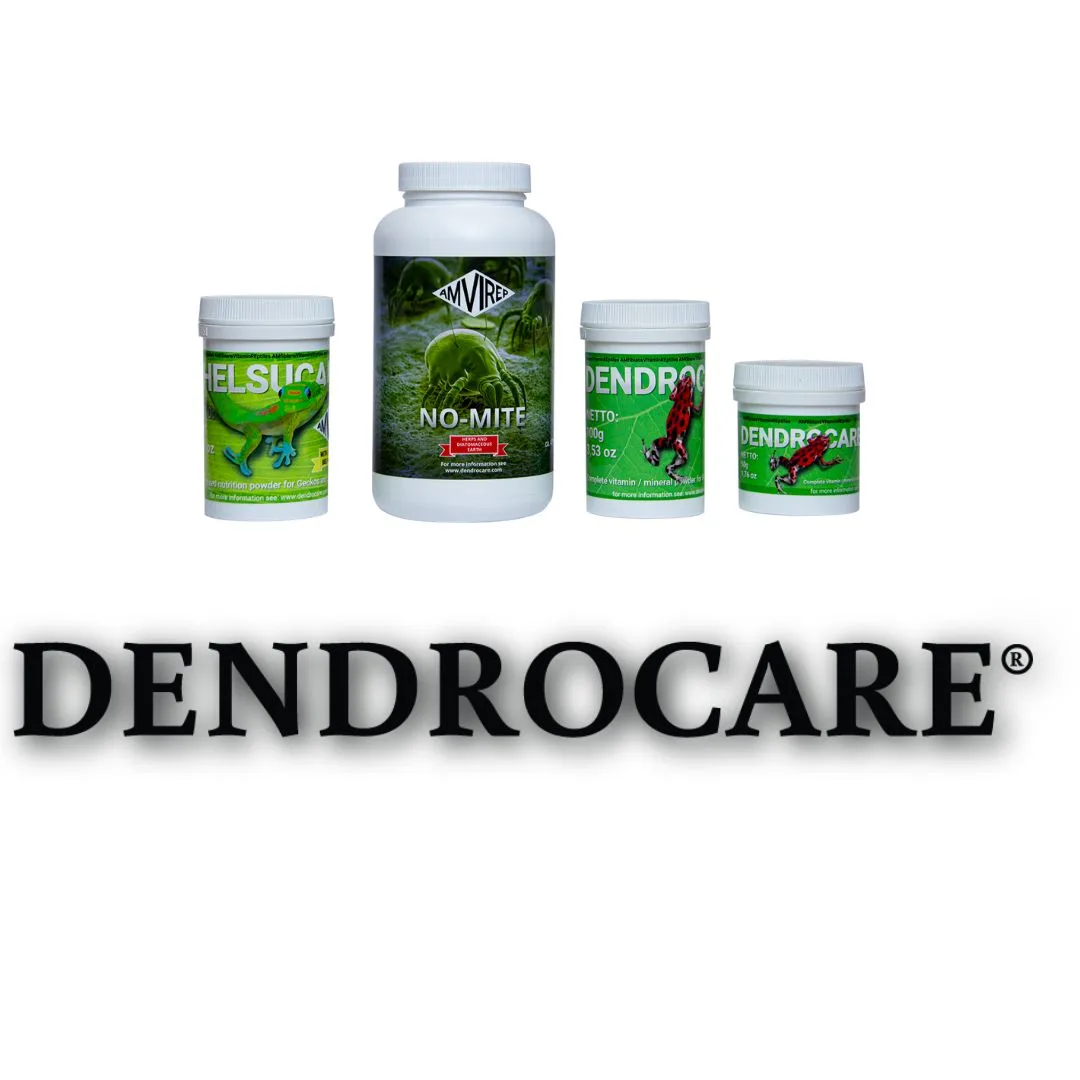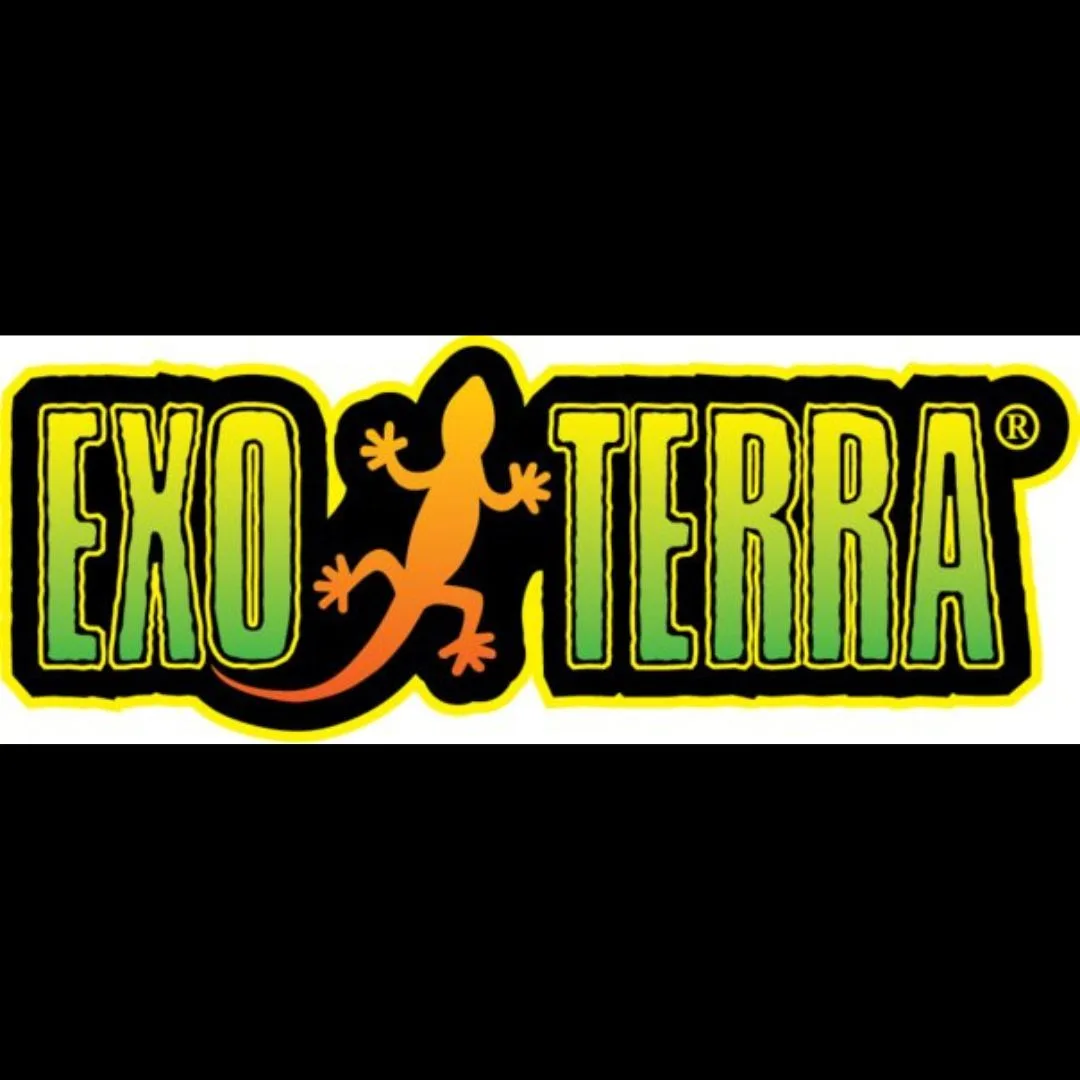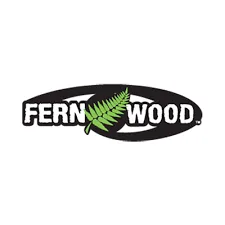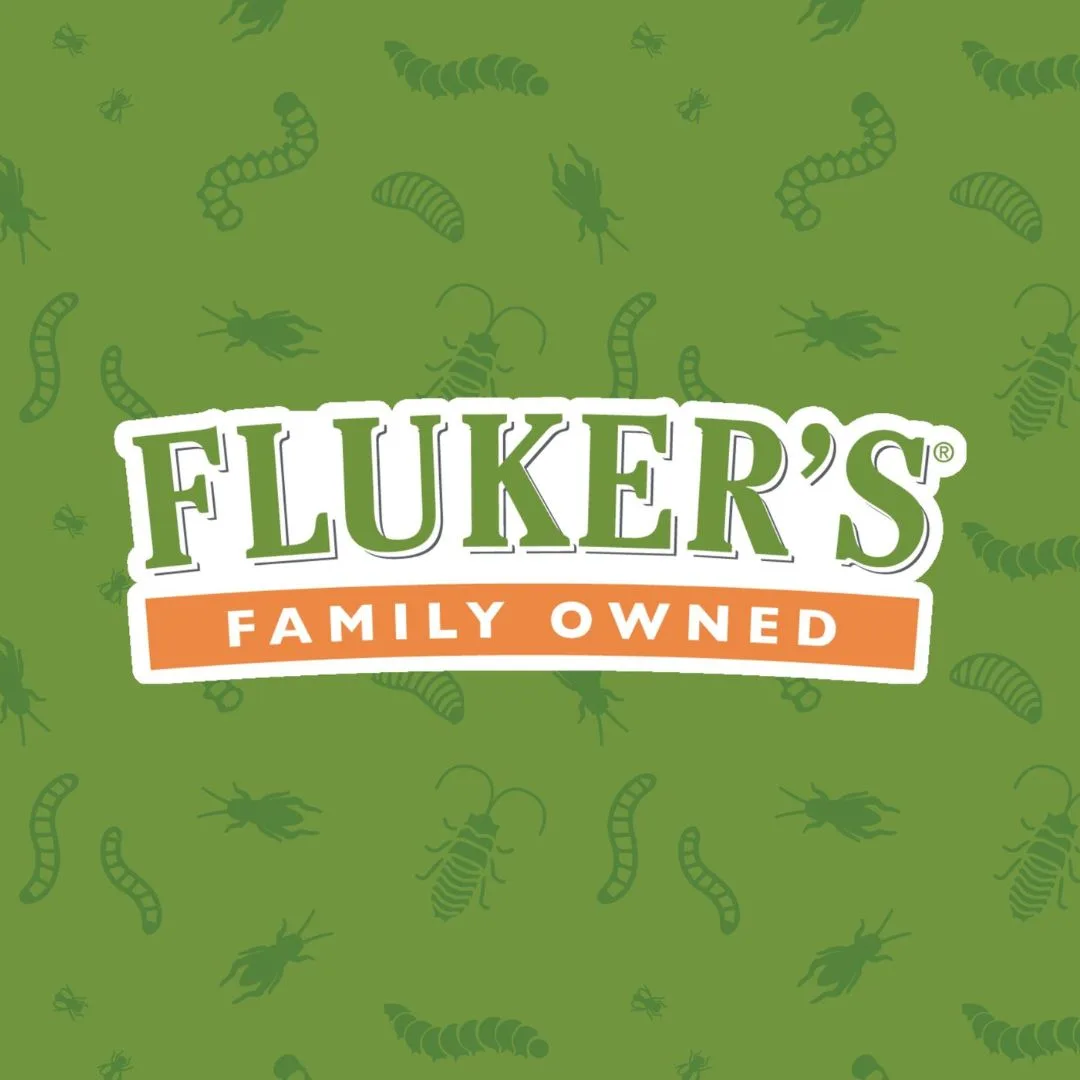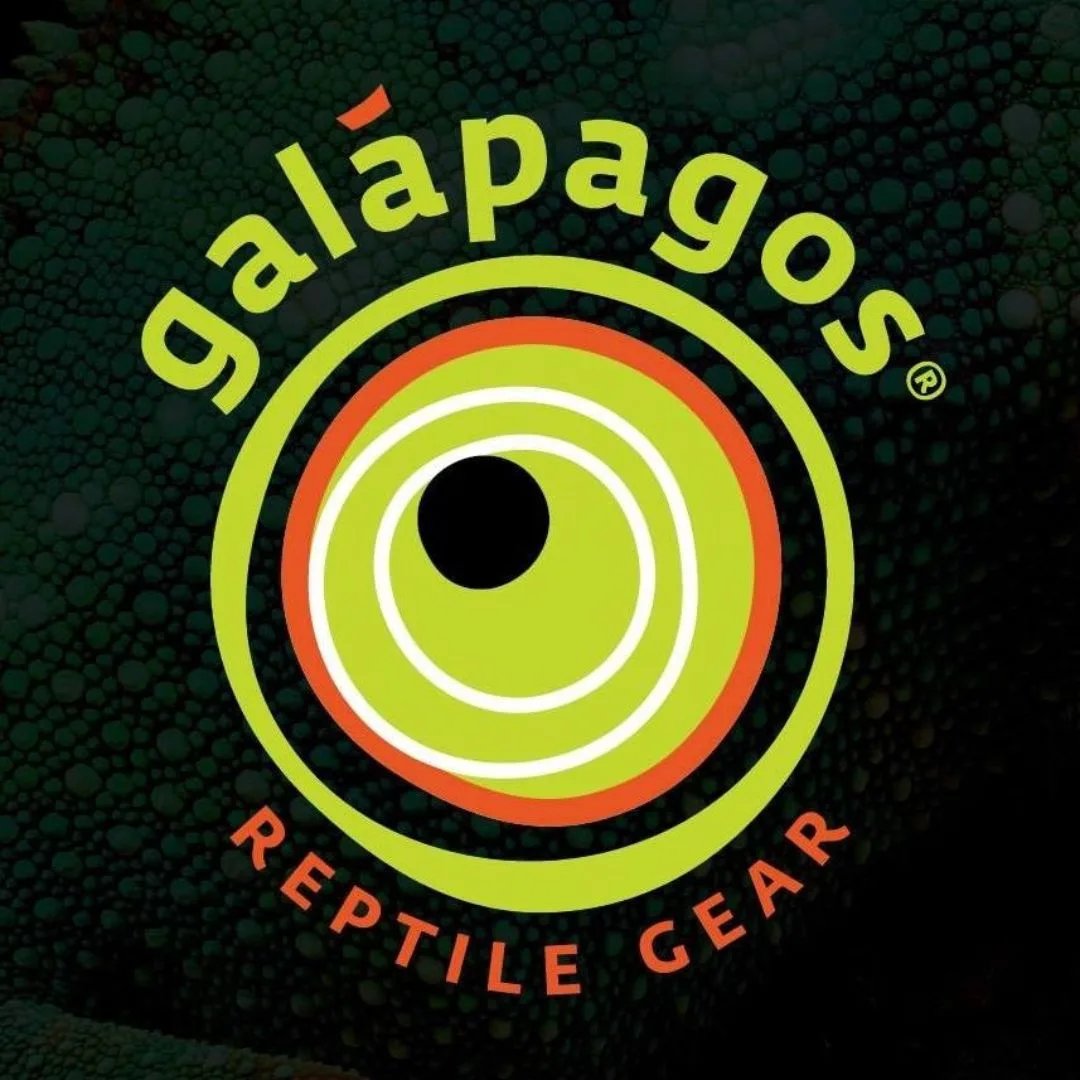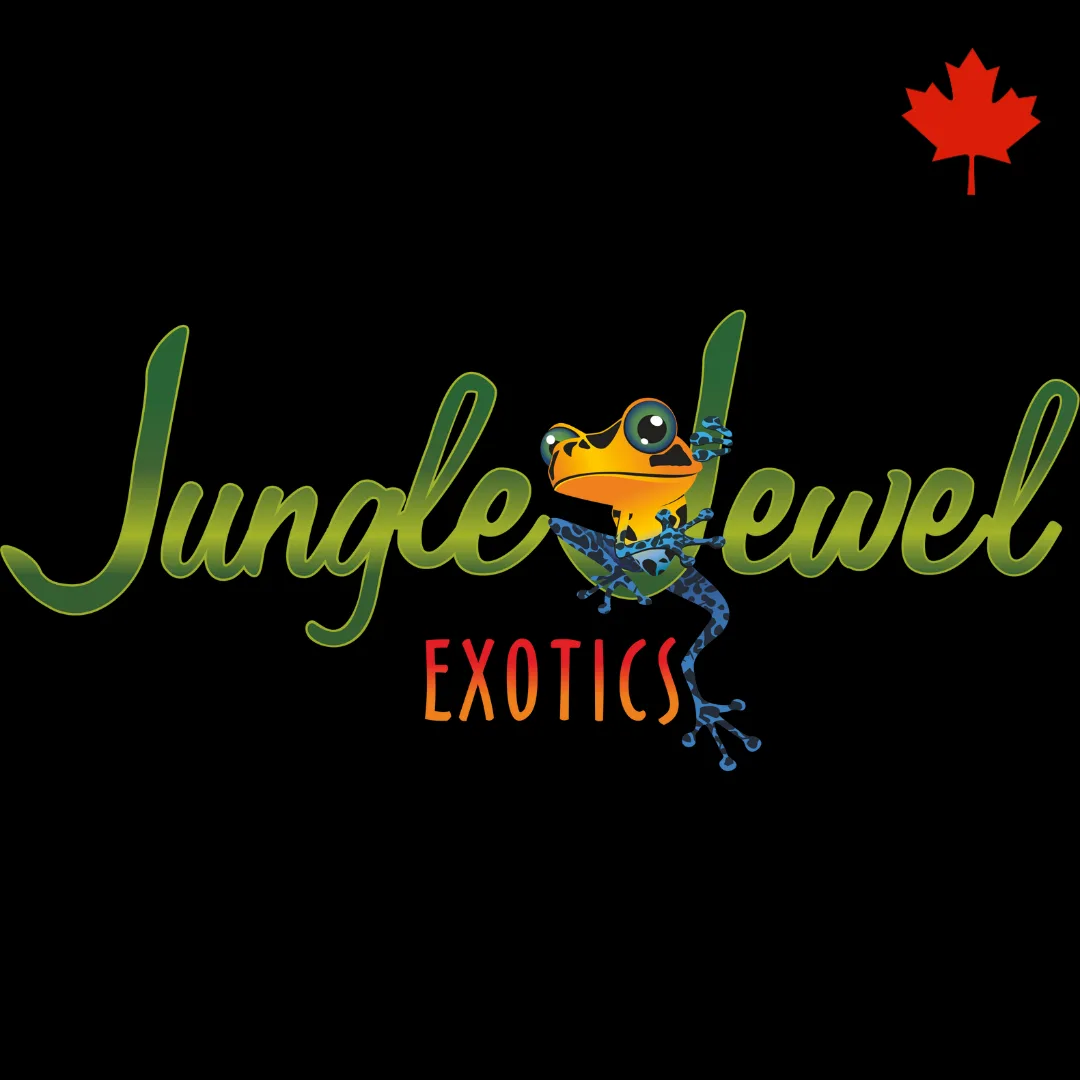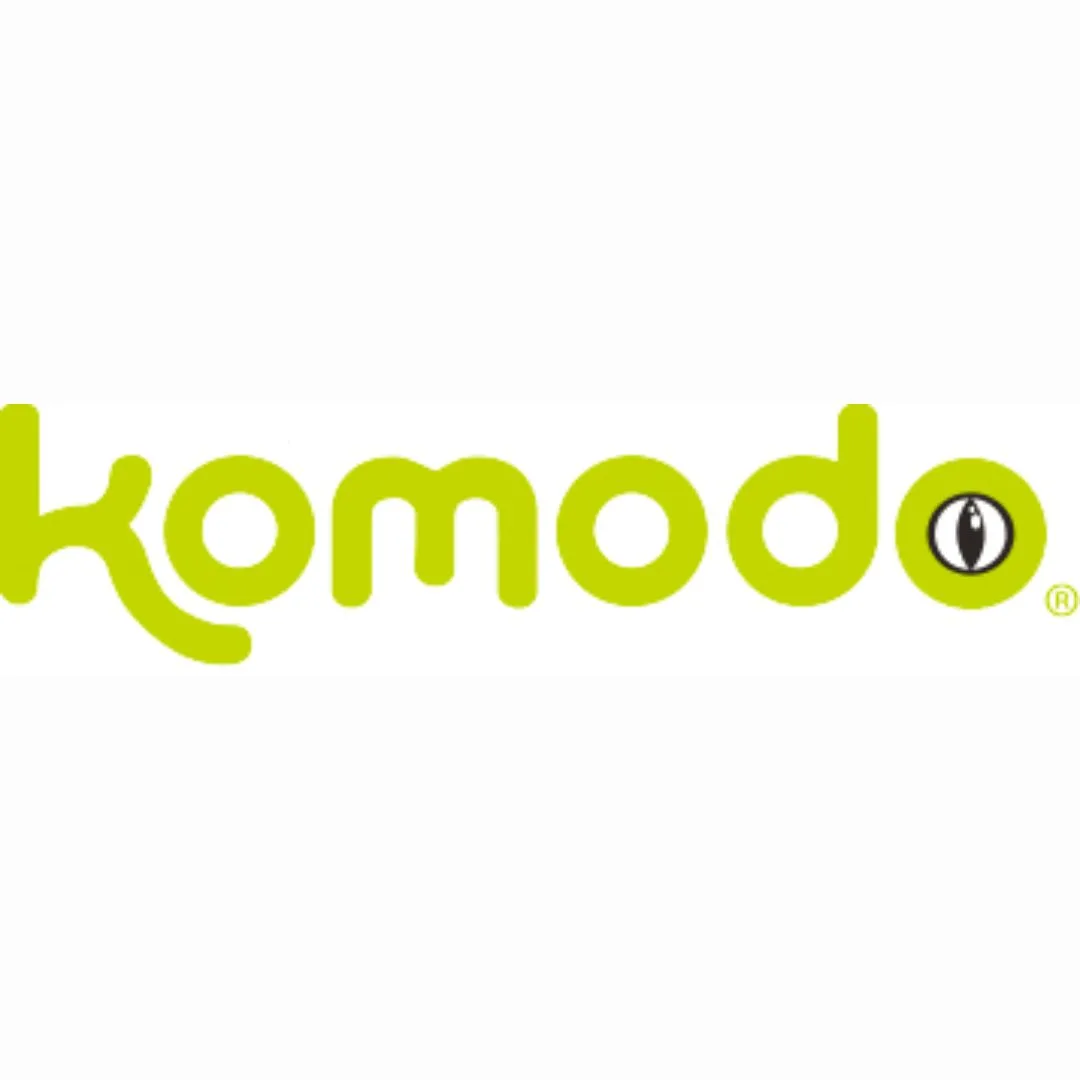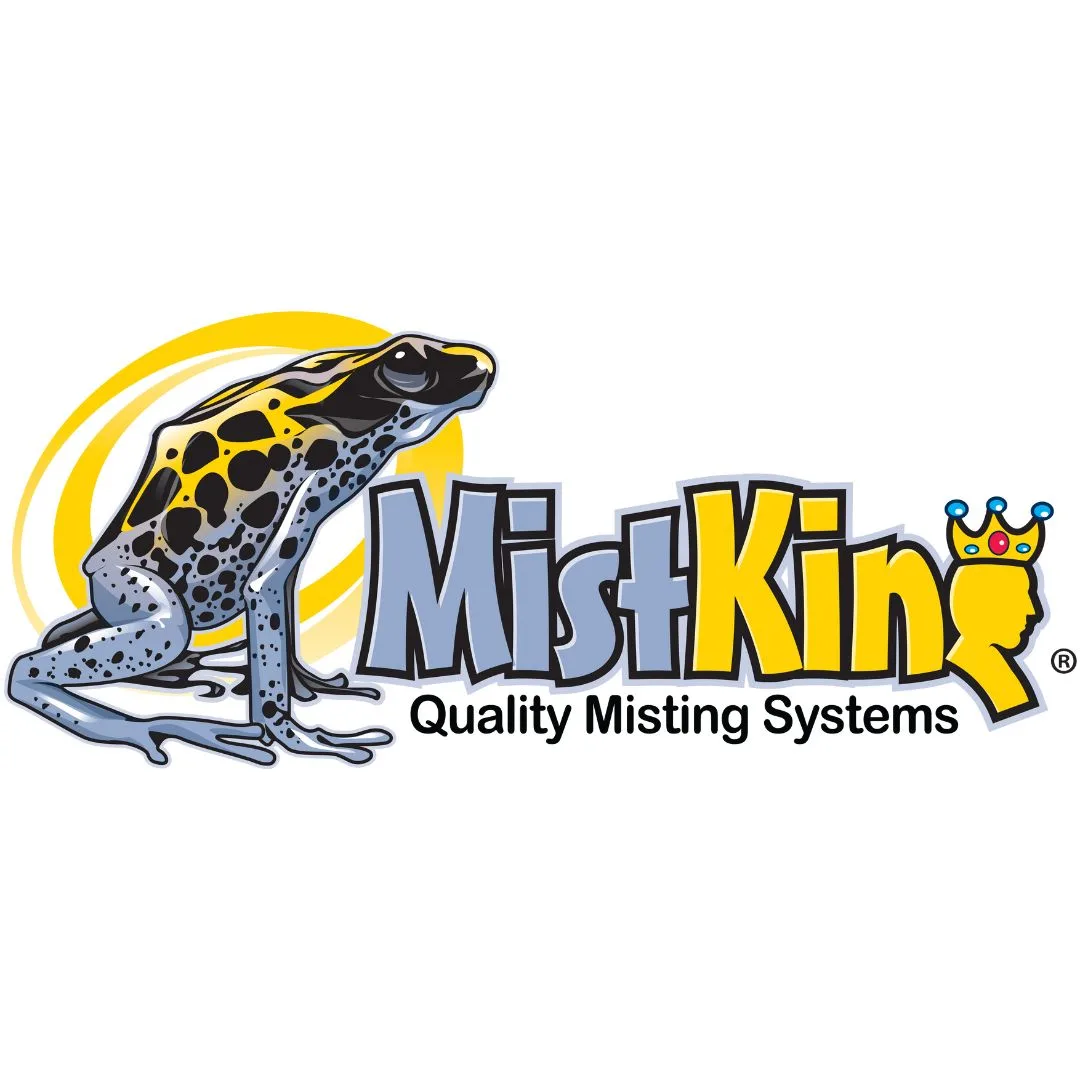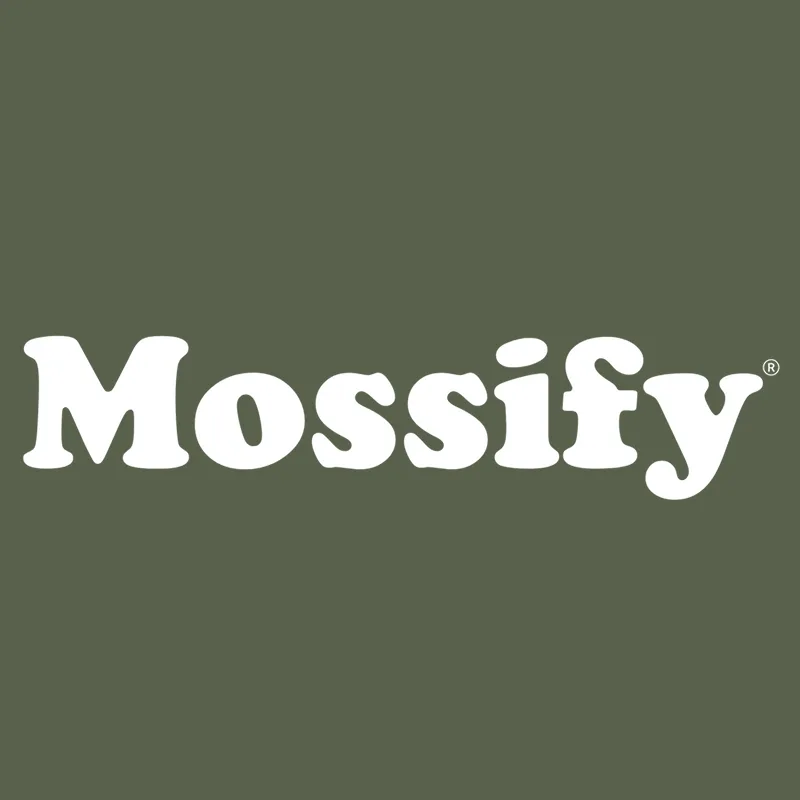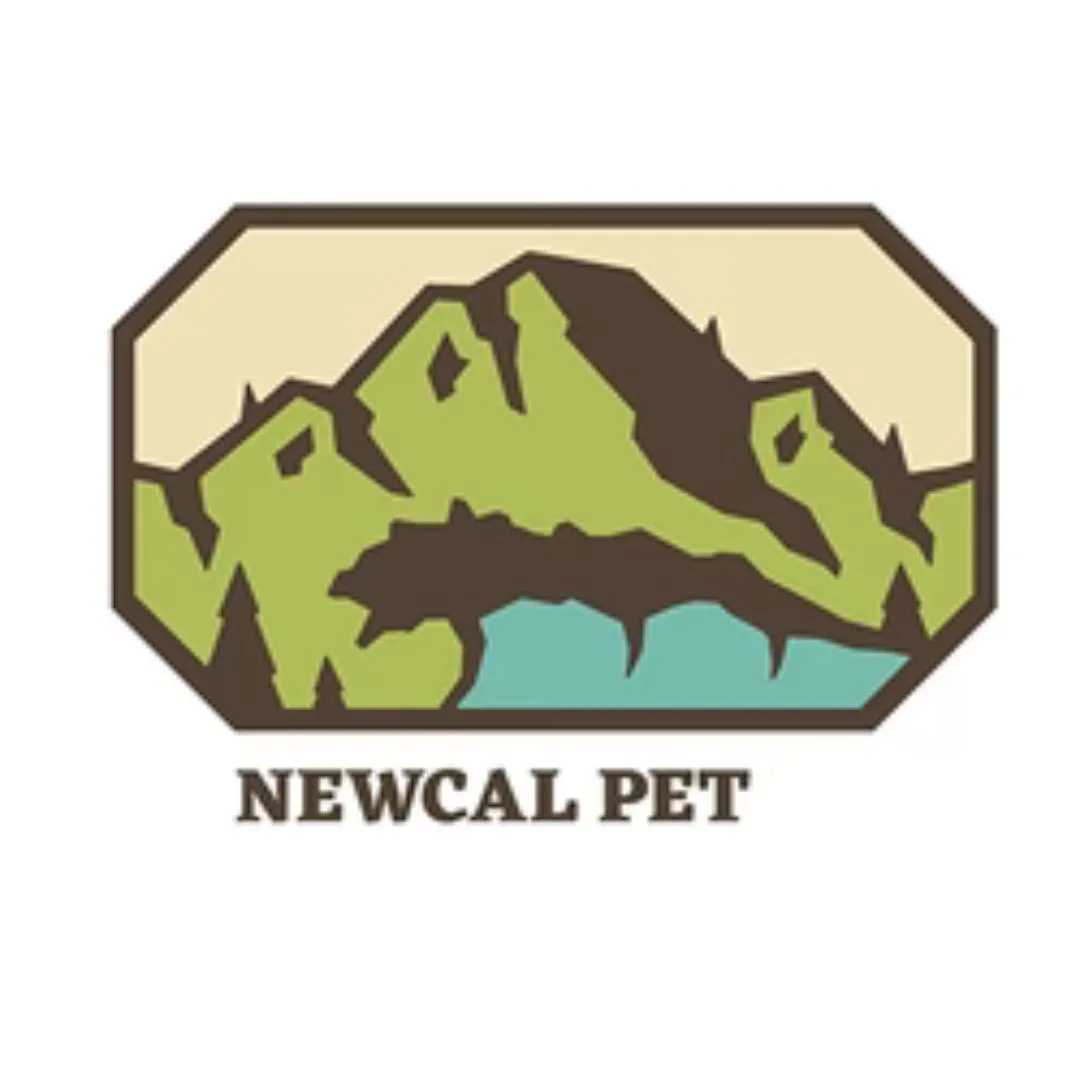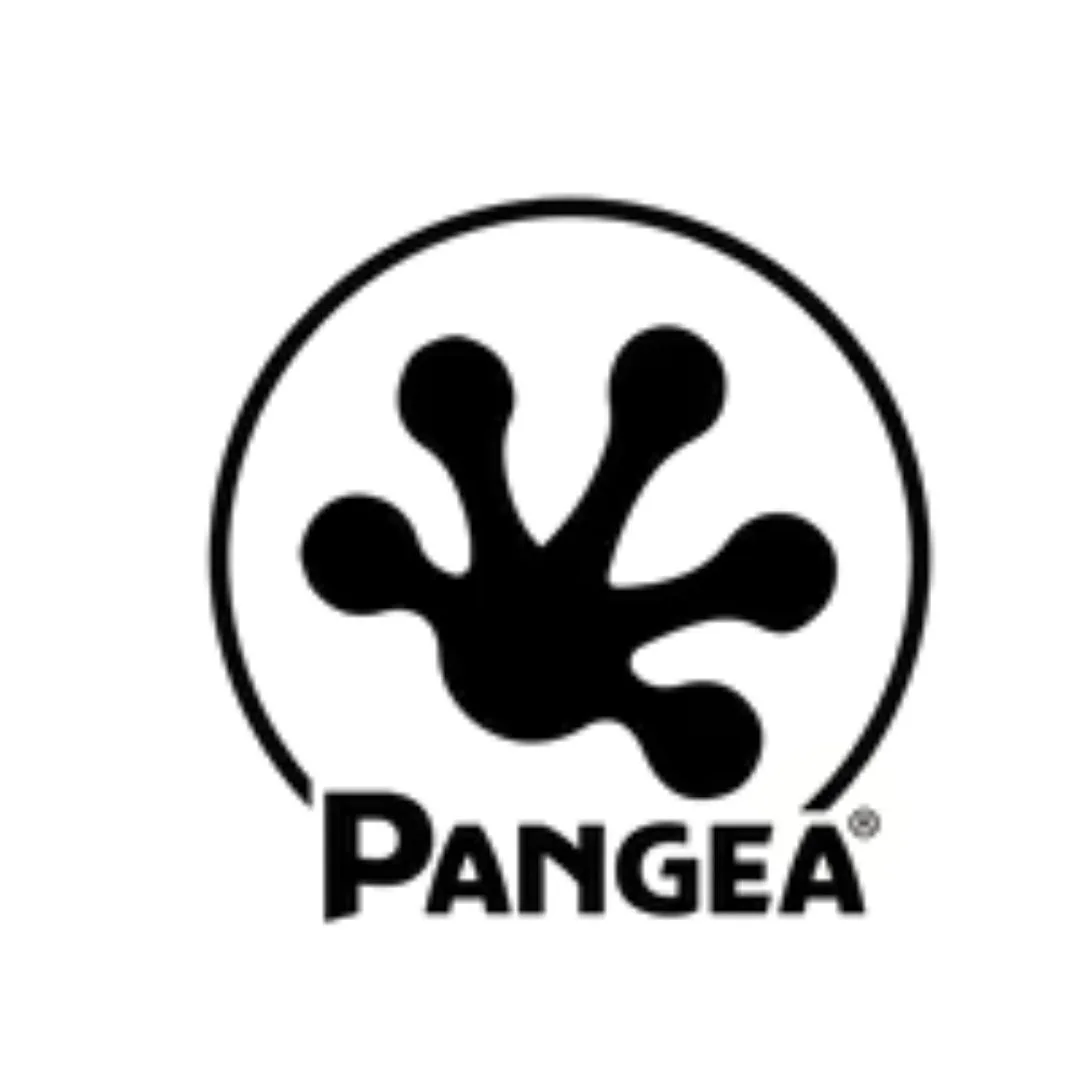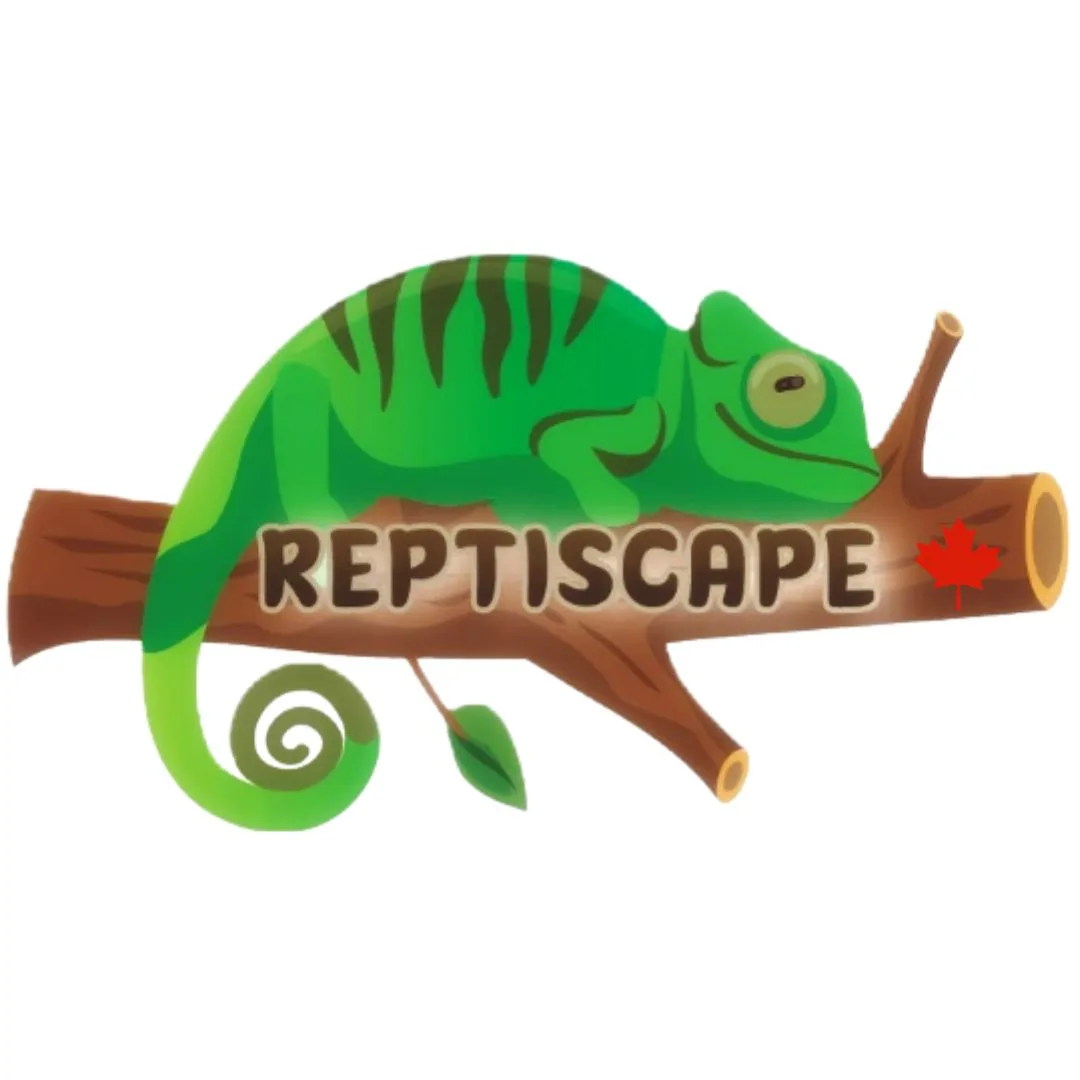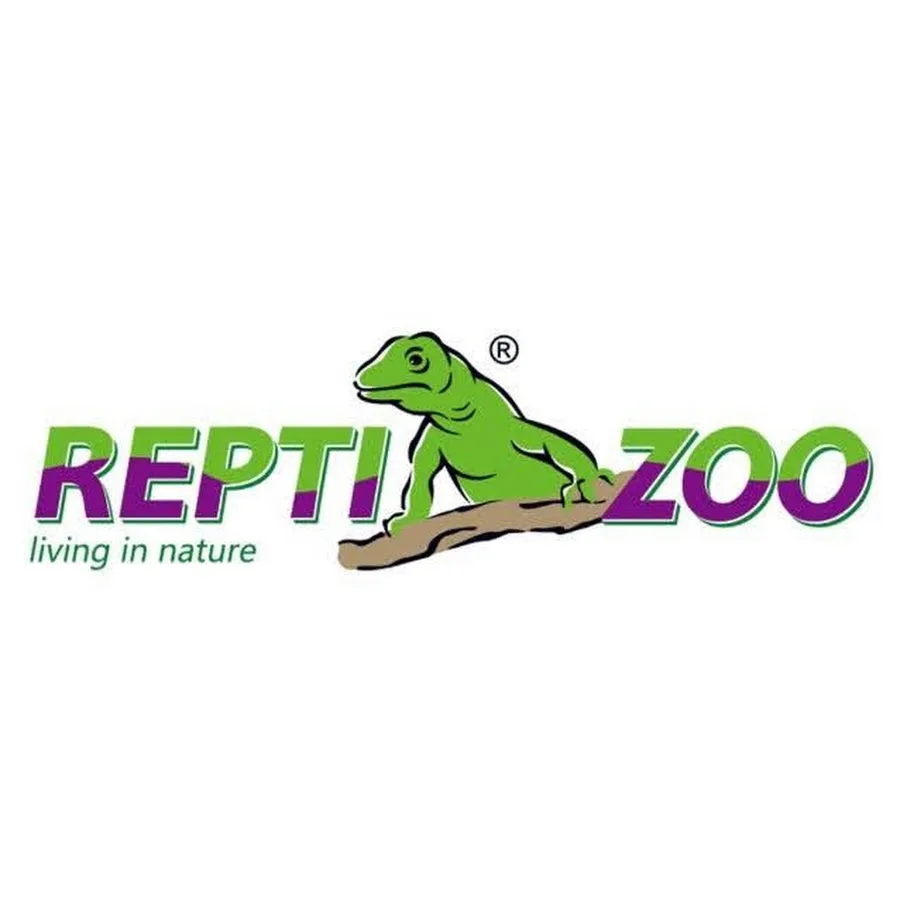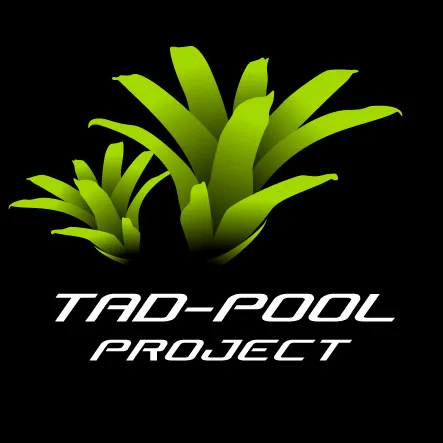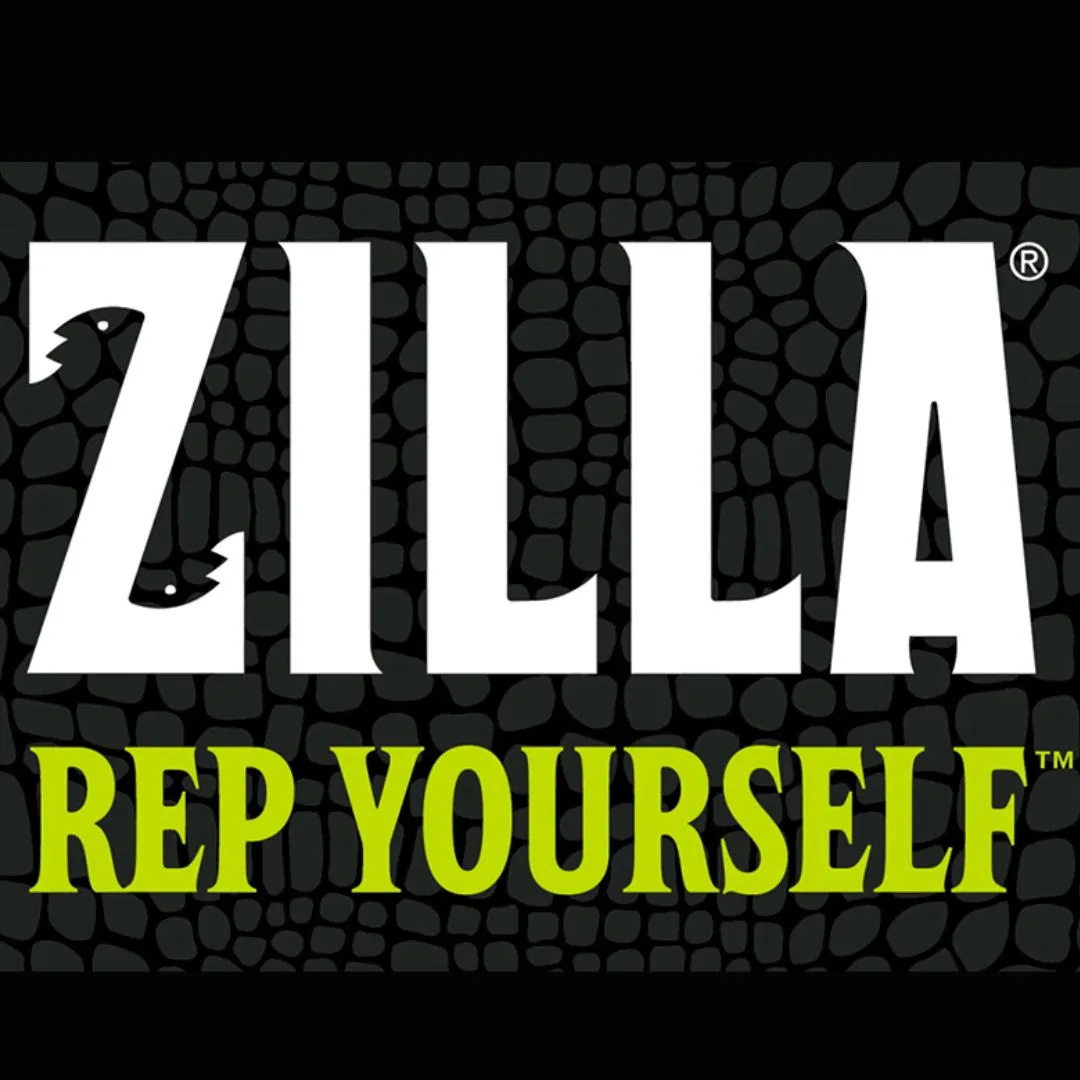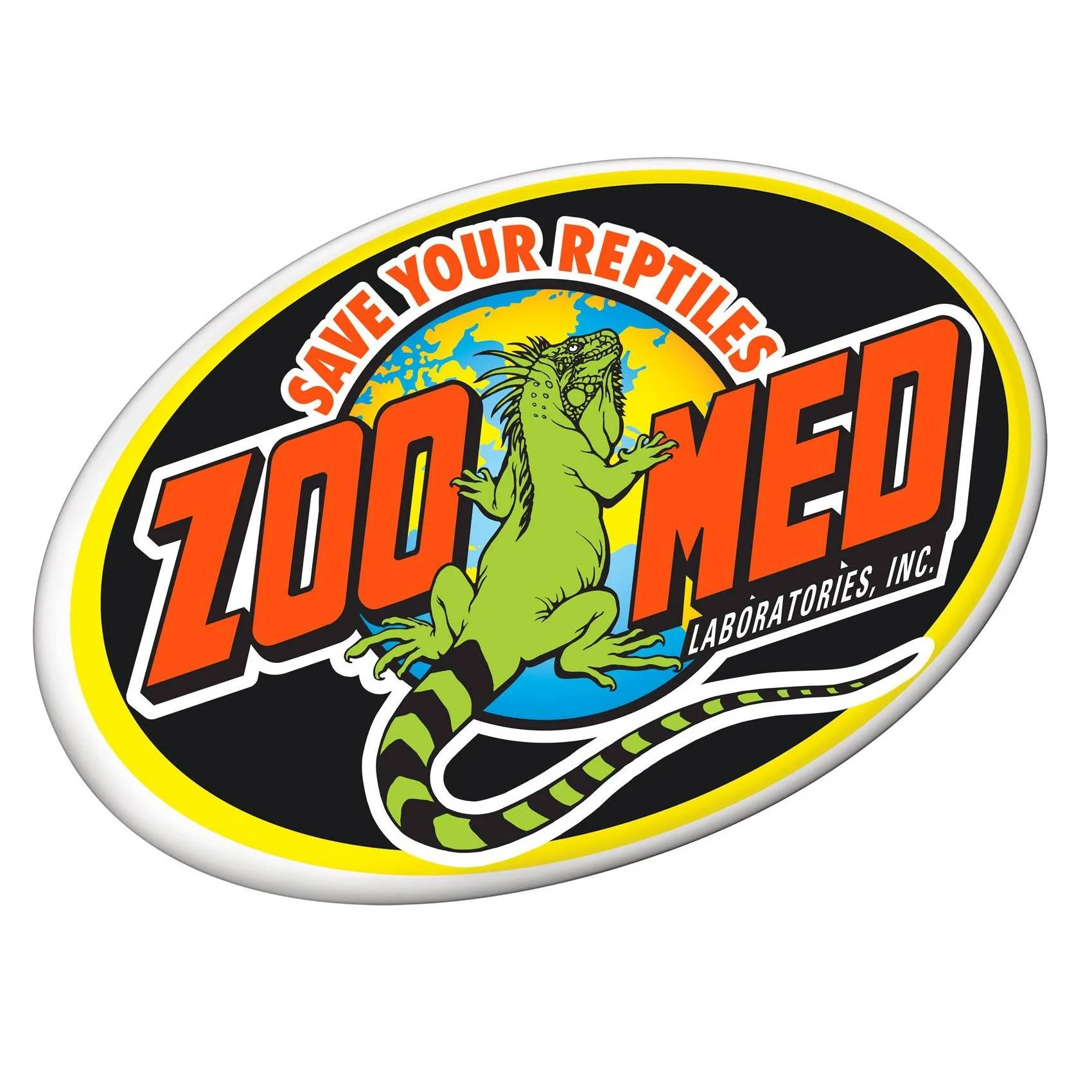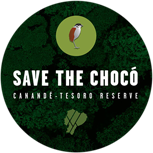Description
What is Coco Coir?
Coco Coir is known by many names, including Coco Peat, Coco Pith, Ground Coconut Fiber, Eco Earth etc. It is the ground up middle fibrous coat (Pith) that protects the hard seed coat and coconut flesh we all love.
The average coconut tree produces approximately 150 coconuts annually. Coconut coir uses the parts of the fruit that used to go to waste.
It can hold up to 10x its weight in water. Helping keep a terrarium humid, or slowly release water back to plants in a garden.
What Makes Our Coco Coir Better?
We triple washed our Coco Coir in fresh water to eliminate unwanted debri such as stones and plastics. This also greatly reduces the sodium content in the final product. This is important to the long term well being of your plants and animals.
Traditionally most coir you find is either washed with sea water adding more sodium to the coir, or likely washed not at all. – If you find stones and large debri in your coco coir it wasn’t washed!
Using Coco Coir In A Terrarium
Coco coir is use in terrariums for many types of reptile and amphibian pets. For example, coir can be used as a bedding for various lizards, snakes, spiders, turtles, tortoises, iguanas, scorpions, hermit crabs, and many more.
Since our product is triple washed, you should see very little sodium build up in your enclosure if any at all. This also means there are less irritants in contact with your sensitive reptiles and amphibians.
Coconut Coir helps maintain proper humidity levels in a reptile habitat and is easy to spot clean. Due to the Antimicrobial and Antibacterial properties of Coconut Husk, it will also help trap and contain unwanted odors from animal waste compared to other popular substrates.
You can use coconut coir in its dry form or add water to make it moist, making it very flexible to fit the needs and preferences of a variety of reptiles.
You may mix it with other substrates, making it even more flexible as a reptile bedding. You may mix in Coco Husk Chips, Cypress Bark, Melaleuca, Fir Bark, Sand, Black Earth or other substrates to make the perfect blend to be used in a reptile, amphibian, or spider terrarium.
When appropriate, you may add Isopods and Springtails to your reptile habitat to help make a bioactive substrate for your pets. This will help extend the usable life of your substrates as these little critters will eat the decomposing bio-matter, sheds, and animal waste.
Using Coco Coir For Plants
Coco Coir is an excellent substitute for Peat Moss. Coconut coir is a readily renewable, pH-neutral, soil amendment that aerates, improves water retention, and is more environmentally friendly than peat moss.
As our product is triple washed, most of the sodium has been removed. Making it even safer to use with your sensitive plants, since you won’t have any sodium build up in the soil.
Using it in a garden helps loosen clay soil, and improve water retention and improve water drainage at the same time.
You may use Coco coir in your indoor plant soil mixtures. It can be mixed with perlite, vermiculite, black earth and sand to make almost any soil combination for your potted plants. You can use it to make an Orchid Potting Mix, an Aroid Potting Mix or a Hoya Potting mix.
Coco Coir is used in hydroponics gardens as a soil alternative. It is ph neutral, and inert (without nutrients), making it great for adding various nutrient amendments used in hydroponics.
How Much Coco Coir Brick Should I Buy?
The small 215gm Brick will expand to approximately 2.5 Liters of coco coir. This is ideal for very small enclosures, such as those for Jumping Spiders, Tarantulas Praying Mantis, Isopods, ETC
The Standard 650gm Brick expands to approximately 7-9 Liters of coco coir. This ideal to cover stand size terrariums or to be mixed in to other substrates, such as Pacman Frogs, Geckos, Tortoises, ETC
If you need even more Coco Coir please check out our larger 5KG Block that expands to approximately 70L. This is ideal for people with many enclosures or larger enclosures. Ideal for Tortoise pens, Monitor enclosures, ETC
How To Expand A Coco Coir Brick
Each compressed brick of Reptiscape Coco Coir will expand up to 8 times its size, Simply mix one 650gm brick with 3-4 liters of water (warm water is best) or 1L water for a 215gm brick in a bucket.
Allow 20-30 minutes for the brick to fully expand. Use less water or allow to dry out if using with animals that require a dryer substrate. If you find the substrate to be too wet, you can squeeze out any excess water.
You may also blend Coco Coir with other substrates such as Coco Husk, Cypress Mulch or Fir Bark to make your own custom substrate for reptiles or even potted plants.
Dispose of your used and soiled coconut coir in a backyard or city composting program (Green Bin). We recommend freezing used coco coir before adding it to your garden to eliminate any unwanted pathogens or microbes.
Reptiscape Coco Coir is available for sale and shipping in Canada only.
